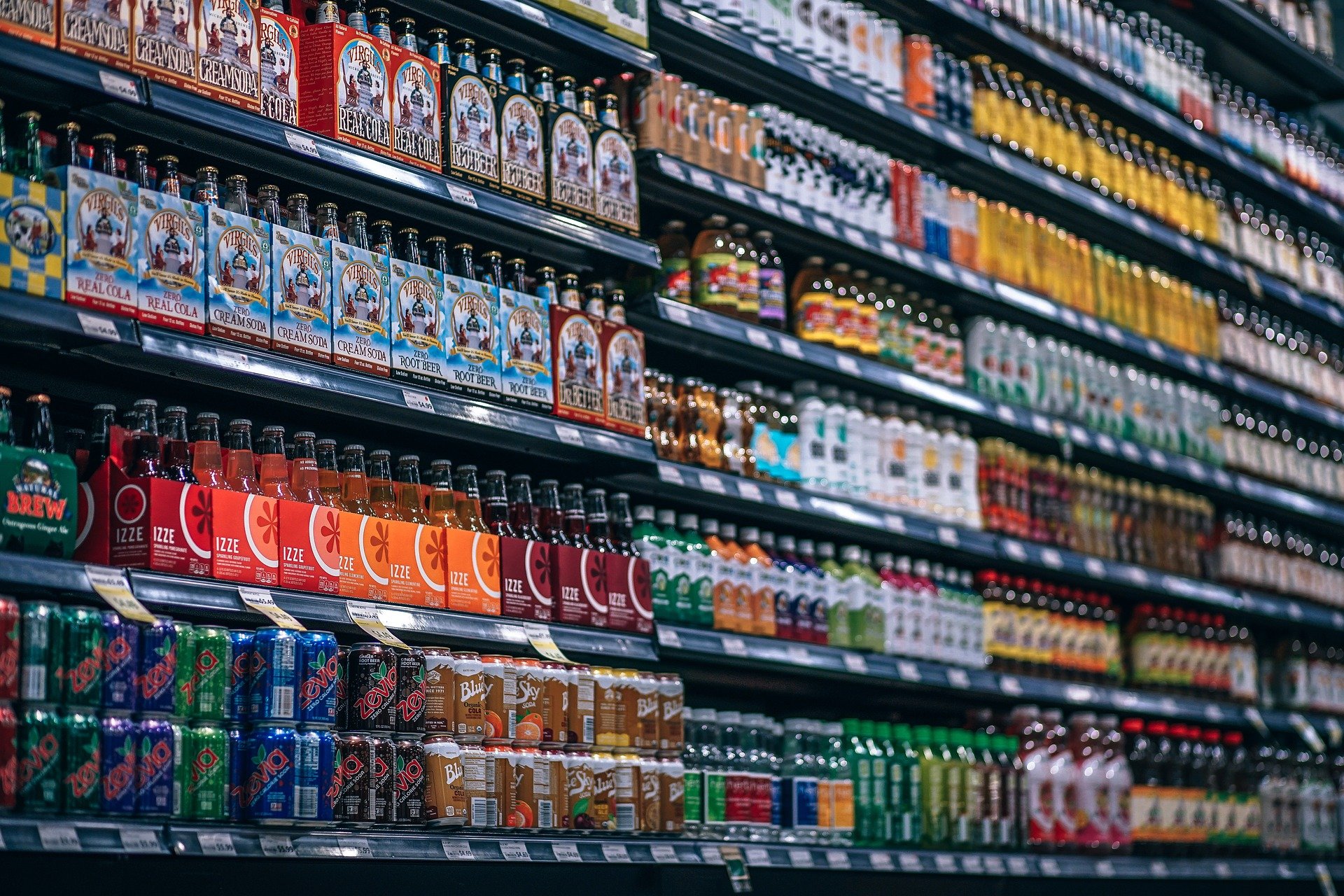What is too much choice?

The other day I was standing in the supermarket trying to get some toothpaste. I wanted regular toothpaste, which is hard to find these days. Instead, it’s triple flavor, advanced whitening, charcoal filters, and so on. I got really confused and fiddled several tubes before I selected the magic crystals because they sounded the coolest. This kind of product diversification is called line extension, and we can thank a man named Howard Moskowitz for it. I first heard about him in Malcolm Gladwell’s essay The Ketchup Conundrum.
Moskowitz studied at Harvard, where he wrote his doctoral dissertation on psychophysics, a branch of psychology focused on physical stimuli and their interaction with the sensory systems. In the 1970s, he started a food-testing and market research business with Pepsi as one of his first clients. Aspartame was new and Pepsi wanted to find out what the perfect amount of the artificial sweetener would be for a can of Diet Pepsi. The company already knew that it was somewhere between eight and twelve percent, so Moskowitz set up a series of tests where he fed people batches of different concentrations and looked for the one that people liked the most. The conclusion he reached was that there was no such thing as the perfect Diet Pepsi. Instead, they should be looking for the perfect Diet Pepsis.
For a decade, no one paid attention to Moskowitz’s insight. Then, in 1986, Campbell’s Soup Company contacted him. They needed help with selling their spaghetti sauce brand Prego. Moskowitz worked together with Campbell’s kitchen and developed forty-five varieties of sauce that he tested on a panel of trained food tasters. He then tried them on the public, which led him to conclude that everyone had a slightly different definition of what made for the perfect spaghetti sauce. However, sifting through the data, Moskowitz discovered that most people’s preferences fell into one of three groups: plain, spicy, or extra-chunky. At the time, there was no extra-chunky sauce on the market. Prego tapped into this new segment of consumers and went on to make millions from their branded extra-chunky sauce. It launched the line extensions we’re so familiar with today with dozens of different variants of the same cereal or soda brand.
You can ask yourself if all this choice makes us happier. A few months ago, I wrote a post on decision fatigue, which sets in after we spend our energy on trivial decisions leaving little left for the important ones. I remember a time when you checked the TV guide and got super excited about the nine o’clock movie on Saturday. The movie might have been mediocre, but you had the complete experience of watching it, and you were happy that there even was a movie.
These days, I do the endless scrolling on Netflix before I settle on something, and while I watch it I often get the feeling that I’m missing out. What if that other movie would have been better? Human beings have a tendency to dwell on missed opportunities, rather than what we’ve gained. In that sense, you can argue that the huge amount of choice we’re confronted with every time we enter the supermarket or turn on the TV leaves us lacking. Not only do we exhaust our minds with trivial product choices, but we’re also left wondering if we picked the best one. It’s hard not to wonder if what you gained was worth what you had to give up in order to get it.